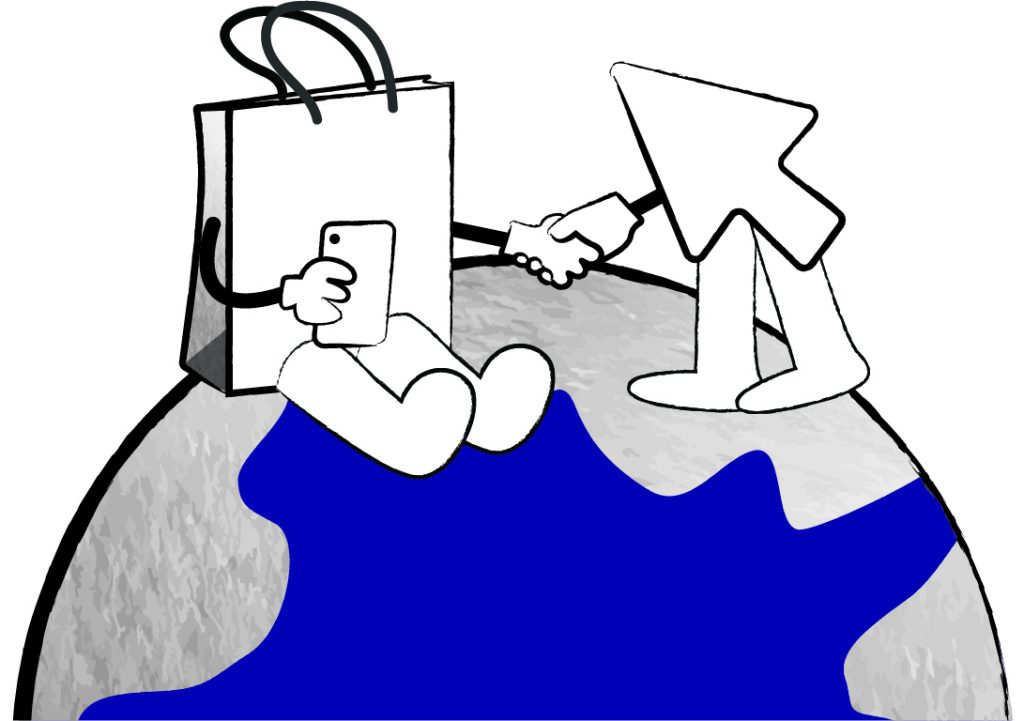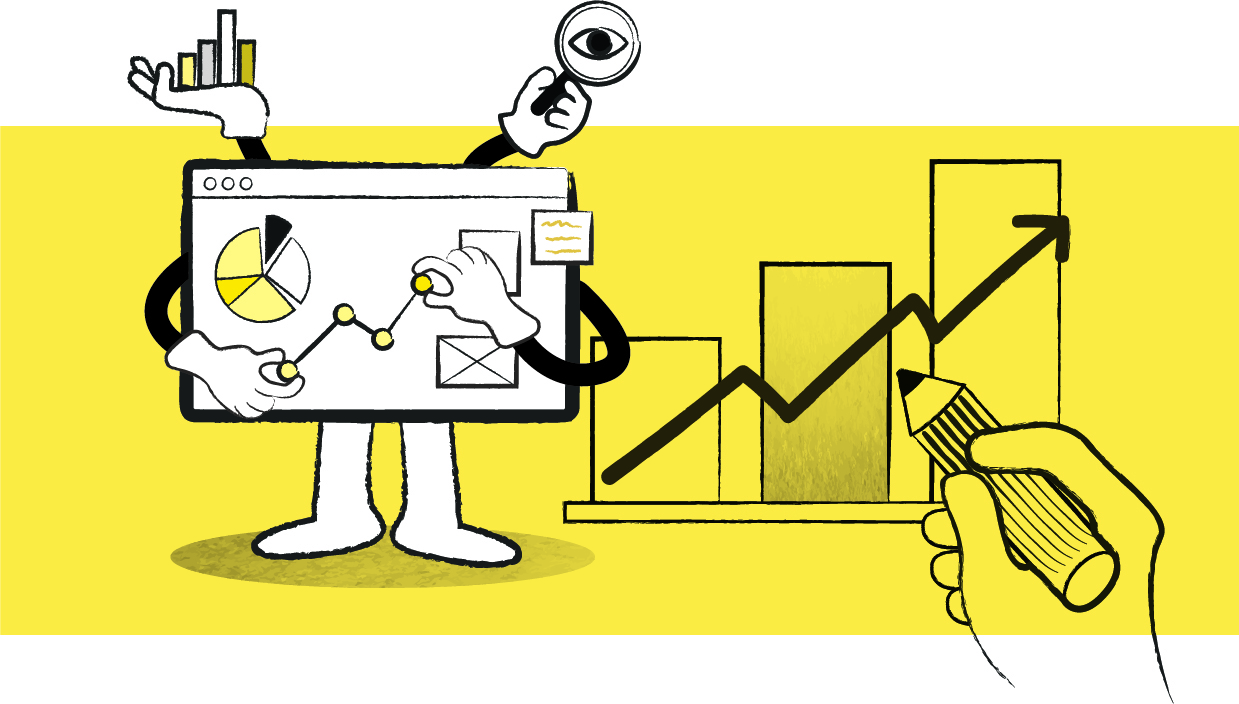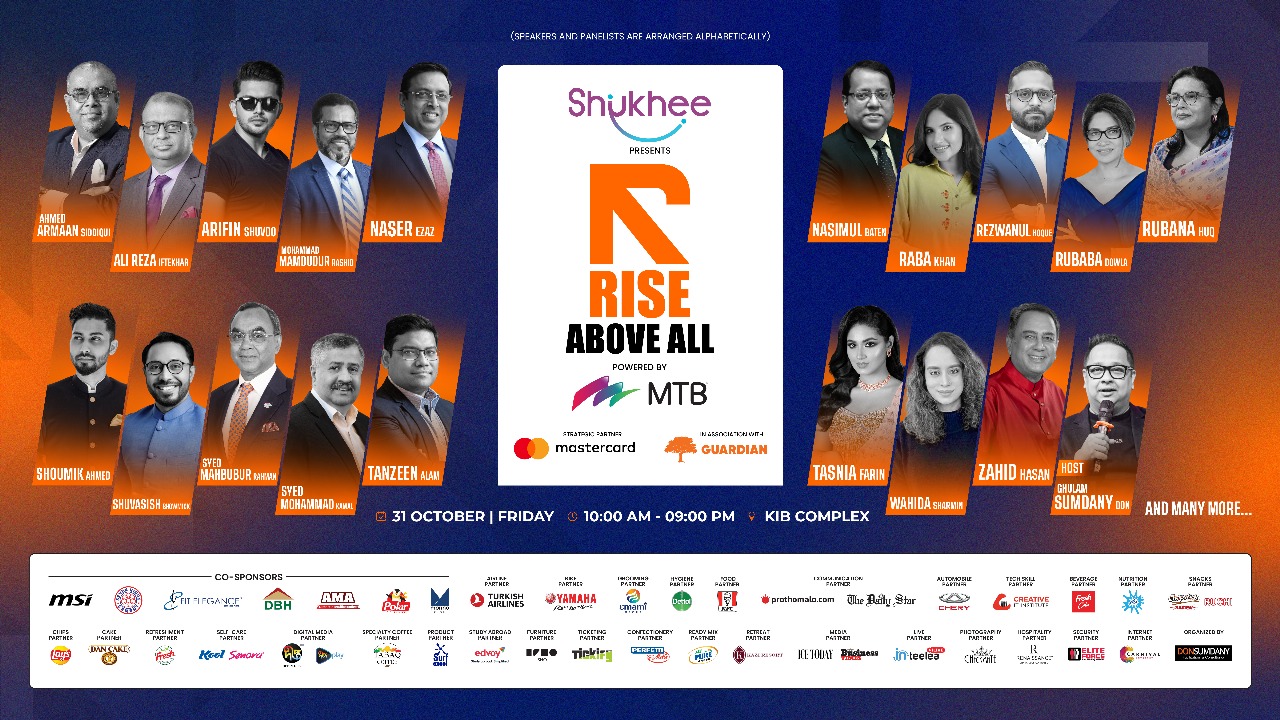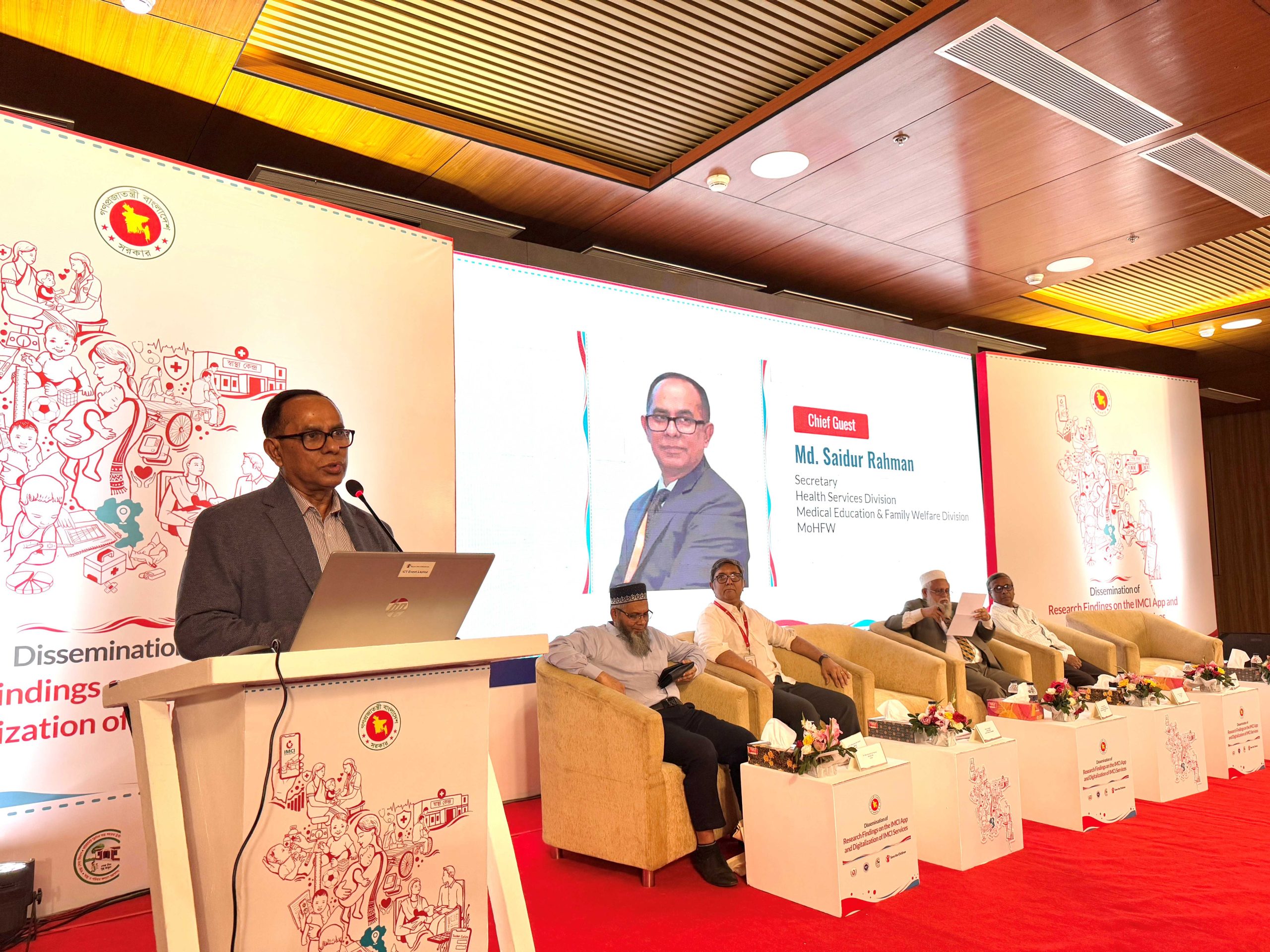An exploration of the implications of AI in marketing, consumer engagement and task automation.
By definition, artificial intelligence (AI) refers to the ability of a computer programmed and controlled robot to perform tasks that typically rely on human intelligence. The term is also used for the development of systems that are capable of human intellectual processes such as the ability to reason, analyse, generalise or even learn from past mistakes. The possibilities with AI are endless as the technology leaves its footprints in almost every sector. Even a cursory thought to virtual assistants like Siri and Alexa can give us a glimpse of the vast opportunities for AI and its subsequent implications in our lives. While the sheer magnitude of AI technology may be scary to wrap the head around all at once, in the epoch where big data reigns supreme, to expect humans to make sense of it all alone is too big of an ask. As AI can do most of the above-mentioned tasks faster and on a much larger scale, the technology is being hailed as a timely boon.

As the development and use of AI progress in leaps and bounds, marketing gurus realise that they have barely scratched the surface with this technology. Because of the numerous opportunities that AI offers to the marketing world, experts must first identify the changes that may be brought about by this technology and then decide how they can capitalise on them. For instance, marketers may do well to look for the impact of artificial intelligence in direct marketing, consumers’ buying habits, advertising, the future of business and many more.
Many have found their window to explore the bounties of AI during the pandemic. The AI revolution in marketing hit an unprecedented high last year as the physical footprint fell and the online footprint grew, and there was simply more data to work with, thanks to cheaper and accessible data analytics tools. Albeit cluttered, these data sets enable marketers to take up a more information-driven approach to their decision-making processes and make more informed and customer-centric decisions in the above-mentioned areas.
AI is the future and it will change the marketing landscape as we know it. As it revolutionises marketing processes to make them more and more customer-centric, it will create more jobs and earning opportunities for people.
As science toils to bring out new applications for AI every day, the existing usages already have profound effects and there are some very visible prospects marketers can take advantage of right now. The first of these is in the field of customer engagement or interaction.
Over the years, marketers have resorted to using speech technology and robotic agents to help with customer engagement and communication. However, this seems to have limited advantages as robotic technology may not understand or be able to respond to human responses as smoothly. This creates something of a chasm between a company and its customers. Marketers feel that artificial intelligence can close this gap and minimise customer touchpoints as well.
Artificial intelligence helps with data collection as well as in the identification of newer market segments. It can help decipher unspoken customer needs and trends as well as what products customers are interested to buy. This results in a more unified marketing and analytics system through which precise personalisation is possible. Sourcing customer data from website and social media footprints can help customise messages and direct more relevant advertisements at them that charts their journey through a brand. For instance, a person may choose to travel spontaneously if they see good deals on hotels or flights. They are more likely to act on this impulse and even pay more if the deals were personalised for each customer based on their past experiences or preferences. This helps boost the return on investment for marketing and saves big money for organisations.
The second area where artificial intelligence is working its magic right now is in the field of automation. AI can help busy executives and marketers by taking on secretarial jobs such as scheduling events on the calendar, making calls or even booking appointments and placing reminders. It can do repetitive tasks faster and more precisely and it frees up time for humans to focus on more challenging tasks that require human input. This may prove to be crucial as more and more marketers prefer to speak to customers and get feedback personally, and this freed up time can help them do just that. Time can be utilised to work on more creative marketing campaigns and the power of AI can also directly be harnessed to create new media platforms and stimulate new ideas for ads.
AI can further help marketers understand consumers better by simulating their brand experience for them. Products like Consumer Experience Analytics help markets see where performance discrepancies or procedural bottlenecks may be making their brand journey rougher for customers so that they can smooth out those areas and make the entire customer experience better. Again, as these products come through a single, unified interface, marketers can get their hands on workable data in a seamless process.
The opportunities that may be opened up by AI are boundless and this list can go on and on. In a McKinsey Global Institute discussion paper, ‘Artificial intelligence: The next digital frontier?’ it was found that firms that invested early into AI and those that adopted AI into their value chains stand to gain much more in the next few years than those that have not done so yet. Big, rich and originally digital companies see how the growth of computer power, the progressive improvement in algorithms and AI models and the sheer amount of data generated around the world have fuelled a new wave of AI development and have poured billions into its potential. The McKinsey Global Institute encourages companies to ‘advance their digital journeys’ without delay and to master and leverage AI. It believes that those that understand the nuances of this technology and can look for creative ways to unlock its possibilities will gain a definite edge over those that don’t.
Artificial intelligence helps with data collection as well as in the identification of newer market segments. It can help decipher unspoken customer needs and trends as well as what products customers are interested to buy. This results in a more unified marketing and analytics system through which precise personalisation is possible.
AI is the future and it will change the marketing landscape as we know it. As it revolutionises marketing processes to make them more and more customer-centric, it will create more jobs and earning opportunities for people. Whether it will replace human jobs, no one can really say. AI and Machine Learning (ML) have marketers very excited about incorporating them into daily marketing and only about 12% of marketing experts are too concerned about the loss of human jobs. However, what is evident is that AI and ML will be completely changing how existing workers do their jobs, impacting workflows, marketing spending, content creation, newer tools like image recognition, more precisely predicted trends and novel marketing strategies. Rather than being worried about getting replaced, marketing experts are scramming to learn how to harness the power of AI to get to know customers better, gain a competitive edge over their rivals, increase customer reach and enrich customer interactions and engagements. In an article by Forbes, ‘AI Will Change Marketing In Ways You Didn’t Expect,’ it was mentioned that being able to control and exploit AI technology will require education at all levels. It is only when the entire workforce becomes a strategist in their own right, by interpreting and starting to make decisions based on analysed data churned out by AI, can real execution take place. In short, the more digitally literate and AI savvy creative agencies can be, the more they will be able to milk the technology that is so pregnant with potential.
Many ask if AI will wipe out digital marketing. There is no immediate answer to this question either. From what it looks like, digital marketing and AI go hand in hand. Where digital marketing gives a bird’s eye, blanket reach to customers around the globe, AI zooms in to reach the most promising targets and personalise the experience for them. The fact that AI is able to find customers who need particular products exactly when they start to showcase behaviours that imply the need is indicative of its prowess and it may only be a matter of time before AI begins to make crucial business decisions, thereby flattening the decision-making curve for business heads, and suggest to marketers sure-shot techniques to convert engagement and interest to sales in real-time. Therefore, whether or not it wipes out existing practices, AI is definitely a much bigger force than any other marketing phenomenon to date. Digital marketers would do well to jump on the AI bandwagon or risk getting run over by those who have.















